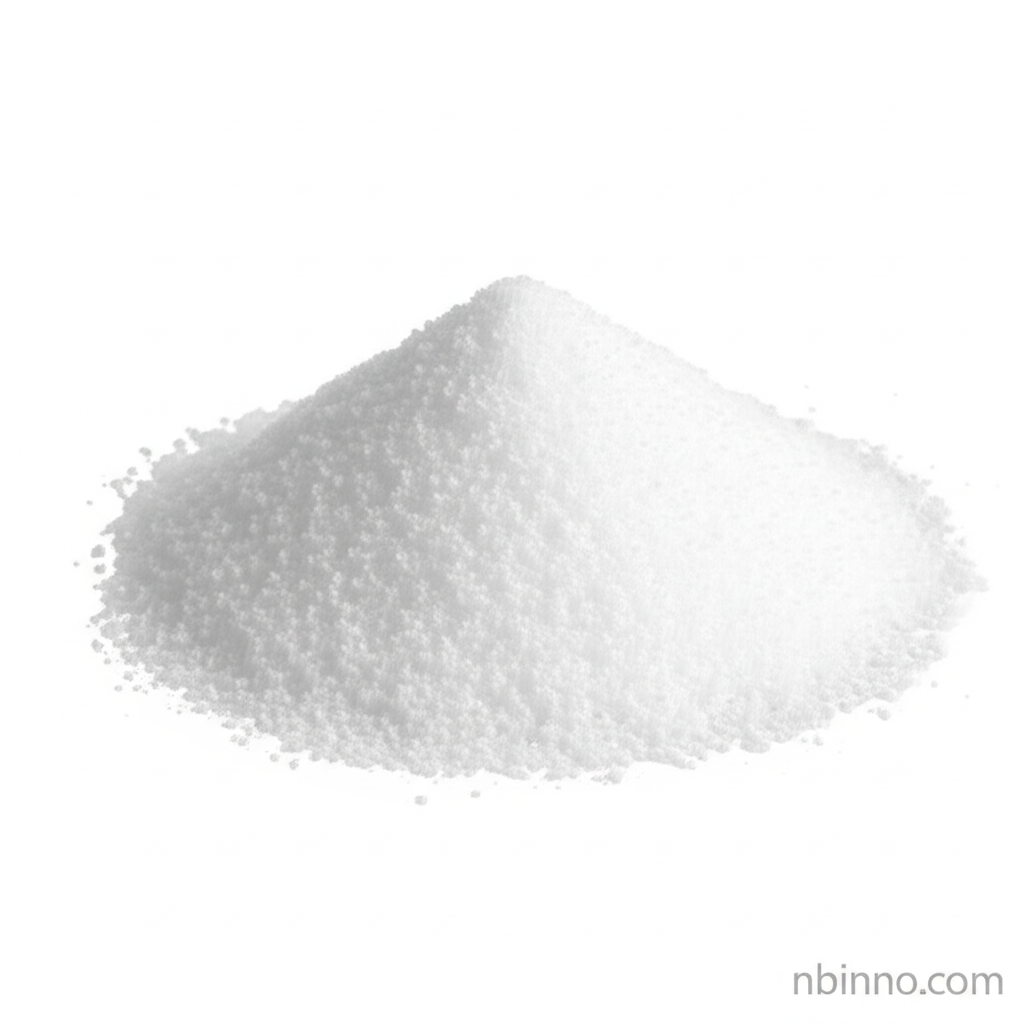Hexamethylcyclotrisiloxane (D3): Your Key to Advanced Silicone Materials
Discover the versatile applications and unique properties of this essential organosilicon intermediate.
Get a Quote & SampleProduct Core Value

Hexamethylcyclotrisiloxane
As a fundamental organosilicon intermediate, hexamethylcyclotrisiloxane (D3) is pivotal in the synthesis of numerous high-performance silicone materials. Its reactive nature allows for efficient polymerization, leading to products with superior properties. It serves as a critical building block for advanced silicone applications.
- Explore the synthesis of silicone rubber with improved elasticity and abrasive resistance using hexamethylcyclotrisiloxane.
- Learn how hexamethylcyclotrisiloxane acts as a synthetic equivalent for the reactive intermediate dimethylsilanone.
- Discover its role as an effective trapping reagent for short-lived intermediates like silanones and silyenes in chemical research.
- Understand how this organosilicon intermediate contributes to silicone oil production, yielding products with low freezing points and reduced surface tension.
Key Advantages
Enhanced Material Properties
The use of this organosilicon intermediate allows for the creation of silicone products with significantly better stability, insulation properties, and water resistance, a direct benefit from its unique cyclic structure.
Versatile Polymerization Capabilities
With its active reaction profile, hexamethylcyclotrisiloxane can be easily and quickly polymerized under lower temperatures and with simple catalysts, making it an efficient component in polymer synthesis.
Specialized Chemical Reactivity
Its ability to serve as a trapping reagent for elusive species like silanones and silyenes makes it invaluable for advanced chemical research and development, contributing to the understanding of reactive intermediates.
Key Applications
Silicone Rubber Manufacturing
Hexamethylcyclotrisiloxane is a primary raw material for producing methyl vinyl silicone rubber, offering enhanced elasticity and resistance to corrosion and abrasion.
Silicone Oil Production
It is utilized in the synthesis of silicone oils that exhibit desirable characteristics like lower freezing points and reduced surface tension, with minimal impact from temperature variations.
Reactive Intermediate Synthesis
Serves as a crucial building block and synthetic equivalent for reactive intermediates like dimethylsilanone, facilitating complex organic synthesis pathways.
Specialty Chemical Synthesis
Its unique chemical properties make it suitable for synthesizing a variety of other organosilicon compounds, expanding the scope of advanced material development.
